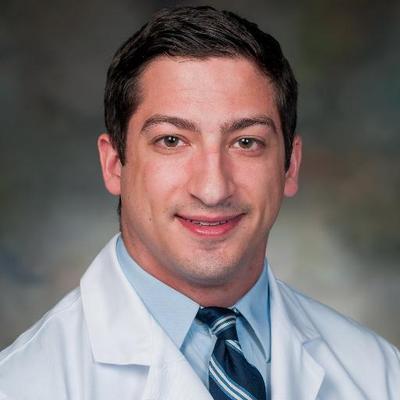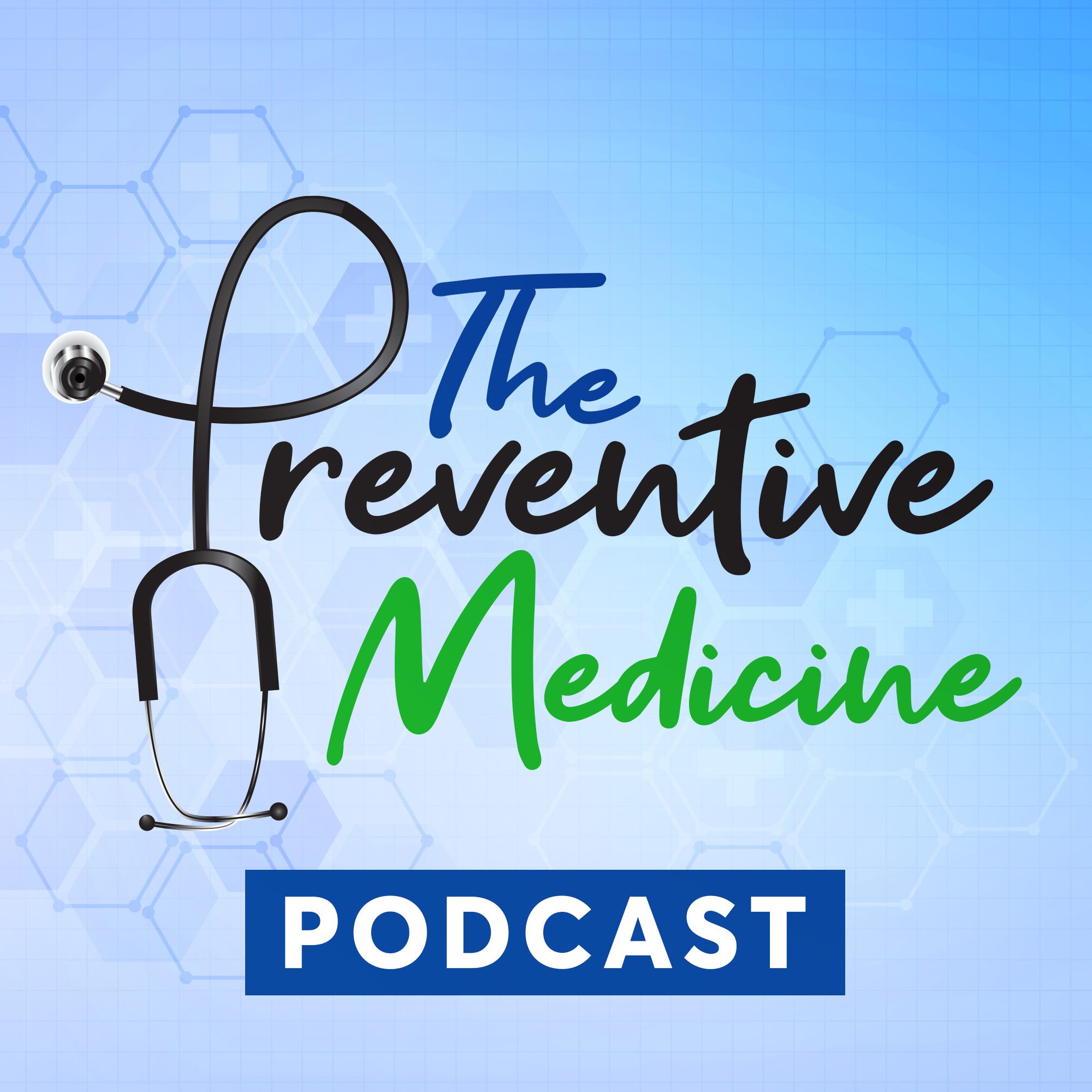
This is a re-cast of an episode originally aired in June of 2020. This was an incredible episode that deserves to be heard by all new listeners! In this episode we discuss the role of resistance training for both patients and as a prescription by providers, the evidence behind various practices in prevention, the harms of over-screening, and much more!. Whether in the hospital inpatient floors or his clients in the gym, Dr. Baraki brings evidence-based information and suggestions to help those he works with.
Dr. Baraki is board certified in Internal Medicine, an assistant professor of medicine, and well known for his role with Barbell Medicine.
Dr. Baraki's Social Media:
Show Notes
Question 1: What is Barbell Medicine, why did you decide to get involved and what are it’s goals?
Question 2: Why did you decide to go into Internal Medicine given your athletic history and interest in exercise?
Question 3: What do you think other physicians that do not lift weights can learn from Barbell medicine, should they attend your seminars?
Question 4: Does the population of those attending your Barbell Medicine seminars trend more towards physicians or healthcare professionals?
Question 5: There are many silly ideas surrounding preventive medicine and other aspects regarding medicine, can you speak to the use of evidence when it comes to recommendations in preventive health?
Question 6: What does preventive medicine mean to you?
Question 7: Why is the allure of more screening with regards to preventive care problematic?
Question 8: How do you balance limiting the allure of physicians to use screenings widely as a way to “check-off” preventive care and patients that desire screening based on false notions of prevention?
Question 9: How do you communicate to patients who come in wanting to get unneeded screening such as a whole-body scan to determine all potential problems?
Question 10: Why is it important that patients are educated and develop a level of self-efficacy?
Question 11: Do you think helping patients develop a positive self-narrative is beneficial in the scope of preventive medicine?
Question 12: Do you think we do a poor job of letting our patients know that they should be striving to develop a more robust exercise program based on the current guidelines?
Question 13: How do we bridge the gap between personal trainers and physicians in bringing exercise programs and nutritional counseling to patients?
Question 14: In 2 minutes what do you tell someone who asks you “how do I get healthy?”
Join our Mailing List HERE:
Podcast: Play in new window | Download (Duration: 1:14:06 — 169.6MB)
Subscribe: Apple Podcasts | Spotify | Stitcher | RSS | Subscribe here on any platform!
